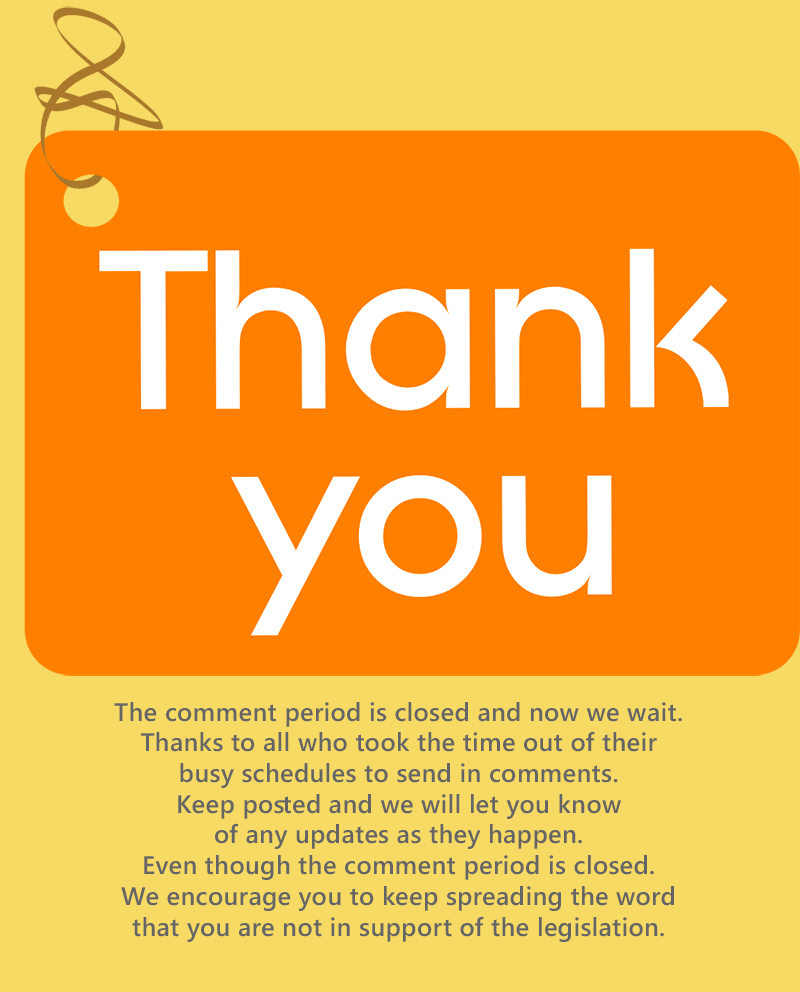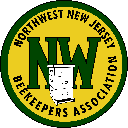Municipal & County Governing Bodies and Officials, Boards of Agriculture, Planning Boards
Bergenfield - Resolution passed opposing the NJDA Regulation
Borough of Franklin Lakes - Resolution passed
Bridgewater Township - Resolution passed
Buena Vista - Resolution passed
Burlington County (Board of Agriculuture) - Resolution passed
Clifton - Resolution passed
Clinton (Town Of) - Resolution passed
Creskill Borough - Resolution passed
Dumont - Resolution passed
East Amwell Township - Review with the Agricultural Board + Resolution passed opposing the NJDA Regulation
Egg Harbor Township - Resolution passed
Franklin Lakes Borough - Resolution passed
Greenwich Township Land Use Board - Resolution passed
Harrington Park - Resolution passed
High Bridge - Resolution passed
Highland Park - Resolution passed
Hopewell Borough - Resolution passed
Hunterdon County (Board of Freeholders) - Resolution passed
Lambertville (City) - Resolution passed
Lebanon Township - Resolution passed
Mercer County (Board of Freeholders)
Monmouth County (Planning Board) - Resolution Passed
Morris Township - Resolution passed
New Milford (Borough) - Resolution passed
Oradell - Pending (may be done, do not know outcome)
Readington - Resolution passed
Ridgewood - Resolution passed
Ringwood - Resolution passed
Rutherford - Resolution passed
South Hackensack - Resolution passed
Somerset County (Board of Agriculuture) - Resolution passed
Springfield - Resolution passed
Upper Township - Resolution passed
Waldwick - Resolution passed
West Milford - Resolution passed
County Agriculture Boards
Bergen County Board of Agriculture
Burlington County Board of Agriculture
Somerset County Board of Agriculture
Academics:
Dr. David C. Gilley, Associate Professor of Biology, William Paterson University
Deborah A. Delaney, PhD., Associate Professor of Apiculture, Department of Entomology and Wildlife Ecology, University of Delaware (MAAREC representative designated by NJDA to consult in drafting the rules per legislation)
Associations:
American Cranberry Growers Association
South Jersey Bayshore Coalition
New Jersey Farm Bureau
Environmental Commissions and Organizations:
West Amwell Township
Essex County Environmental Commission
Isles, Inc. (Community development and environmental organization fostering self reliance)
Pequannock Township Environmental Commission
Upper Deerfield Environmental Commission
St. Matthews Lutheran Church Green Team (Moorestown)
Monmouth County Planning Board Environmental Council
Note, these accounts are as accurate as we can be. Accounts are being passed to us by our beekeeping friends. We are keeping a list so local beekeepers can know if anything was done in their town.
As an aside, the January 19th deadline is only for comments. Beekeepers can share their concerns with the municipalities of New Jersey after January 19th, it will still be impactful for them to weigh in.
If you know of any that we do not have on our list and want tell us, write nwnjba@live.com to let us know.

